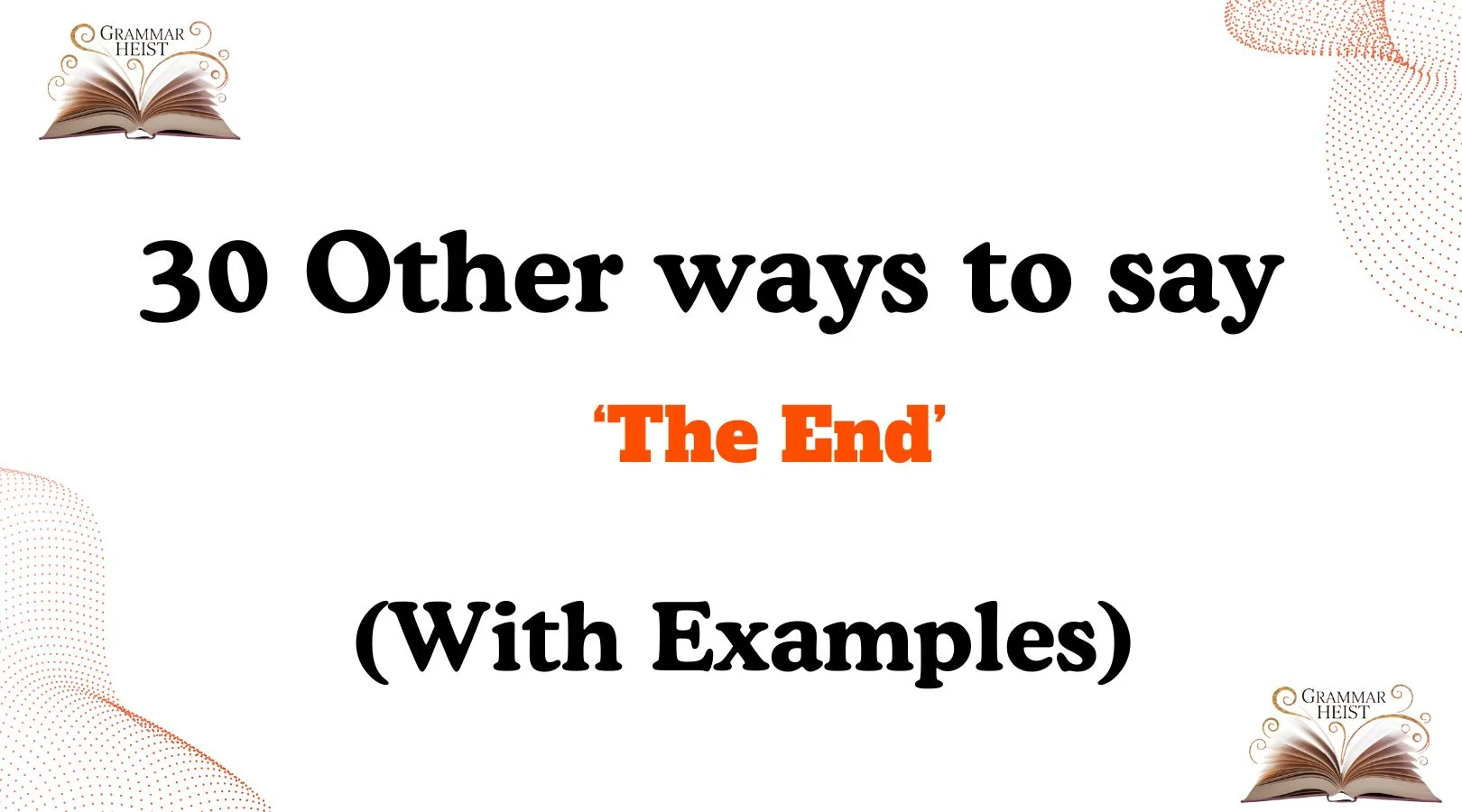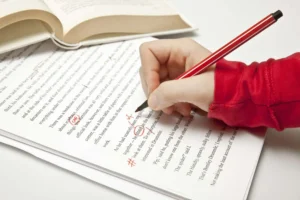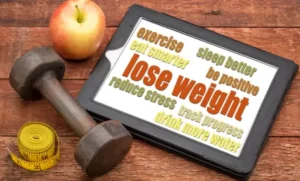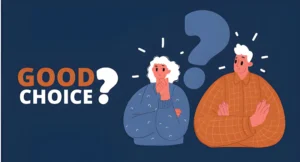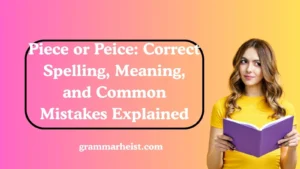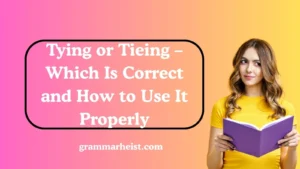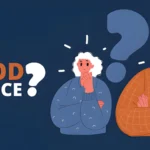Finding the right words to say “the end” can make your message sound more personal, warm, and thoughtful. Whether you’re closing a story, wrapping up a conversation, or marking the end of a chapter in life, the words you choose can leave a lasting impression. Using creative and meaningful alternatives to “the end” adds depth, elegance, and emotional touch to your expression.
What Does “The End” Mean?
“The end” simply marks the conclusion of something—it could be a conversation, a story, a letter, or a chapter in your life. It signals that something has finished or reached its final point, and it often carries emotional weight, whether light or serious.
- It can mean completion of a task or story.
- It can express closure in a relationship or phase.
- It can also symbolize new beginnings.
Is It Professional/Polite to Say “The End”?
Saying “the end” isn’t impolite—it’s just very direct and plain. In professional or personal communication, choosing gentler or more expressive alternatives can make your message sound more respectful, warm, and memorable.
- ✅ Polite: In storytelling, formal writing, or presentations.
- ⚠️ Less ideal: In sensitive or emotional goodbyes, where a softer phrase may work better.
Pros or Cons of Using “The End”
Pros:
- Clear and easy to understand
- Works well in formal writing or storytelling
- Leaves no confusion
Cons:
- Can sound too final or abrupt
- Lacks emotional warmth or personality
- May feel impersonal in sensitive situations
Synonyms For “The End”
- Until Next Time
- To Be Continued
- That’s a Wrap
- The Final Chapter
- Closing Time
- That’s All, Folks
- All Good Things Come to an End
- The Curtain Falls
- Over and Out
- Farewell for Now
- The Journey Ends Here
- Time’s Up
- End of the Road
- Fin
- End Scene
- All Wrapped Up
- That’s the End of the Story
- It’s a Wrap-Up
- The Last Word
- Case Closed
- The End of an Era
- Full Stop
- Signing Off
- Here’s Where It Ends
- Endgame
- Closing Chapter
- Final Stop
- The Finish Line
- Goodbye for Now
- The Last Page Turns
1. Until Next Time
Scenario: When you want to end something with warmth and hope to reconnect again.
Examples:
- “This is where our journey pauses. Until next time.”
- “That’s all for today—until next time, my friend.”
- “Let’s call it a wrap. Until next time.”
Tone: Friendly, warm, and open-hearted.
Explanation: This phrase keeps the door open for future conversations or meetings and makes the ending sound light and hopeful.
2. To Be Continued
Scenario: When something isn’t truly over, and you want to suggest there’s more ahead.
Examples:
- “This isn’t goodbye… to be continued.”
- “The story doesn’t end here. To be continued.”
- “Our adventure has just paused—to be continued.”
Tone: Playful and optimistic.
Explanation: Great for keeping excitement alive and signaling there’s more to come.
3. That’s a Wrap
Scenario: When wrapping up a meeting, event, or story with energy and clarity.
Examples:
- “We’ve said all we needed—that’s a wrap.”
- “That’s a wrap on another great session.”
- “Mission accomplished—that’s a wrap.”
Tone: Confident and casual.
Explanation: Ideal for light-hearted or work-related endings.
4. The Final Chapter
Scenario: When marking the end of a meaningful phase or story.
Examples:
- “This is the final chapter of our journey together.”
- “We’ve reached the final chapter.”
- “The final chapter closes here.”
Tone: Poetic and reflective.
Explanation: Gives a feeling of meaningful closure with emotional weight.
5. Closing Time
Scenario: When something is ending—like an event, shop, or moment.
Examples:
- “It’s closing time.”
- “Closing time for now, but we’ll meet again.”
- “Every moment must have its closing time.”
Tone: Gentle, clear, and reflective.
Explanation: A subtle and warm way to indicate it’s over.
6. That’s All, Folks
Scenario: For fun, playful, or light-hearted farewells.
Examples:
- “And… that’s all, folks!”
- “No more surprises—that’s all, folks.”
- “Show’s over—that’s all, folks.”
Tone: Casual and humorous.
Explanation: Inspired by classic cartoons, it adds charm and playfulness.
7. All Good Things Come to an End
Scenario: When acknowledging something meaningful has ended.
Examples:
- “All good things come to an end, but memories last.”
- “This journey was beautiful—all good things come to an end.”
- “And so, as they say, all good things come to an end.”
Tone: Nostalgic and heartfelt.
Explanation: Perfect for emotional or meaningful closures.
8. The Curtain Falls
Scenario: When finishing something in a dramatic or poetic way.
Examples:
- “The curtain falls, but the memories remain.”
- “As the curtain falls, I smile at what we created.”
- “The curtain falls on a beautiful story.”
Tone: Elegant and poetic.
Explanation: Often used in theater or dramatic endings.
9. Over and Out
Scenario: When signing off in a fun, confident way.
Examples:
- “That’s it—over and out.”
- “Over and out, see you soon.”
- “Mission complete—over and out.”
Tone: Confident, cool, and casual.
Explanation: Common in radio or playful sign-offs.
10. Farewell for Now
Scenario: When parting ways but with warmth and hope of reunion.
Examples:
- “Farewell for now, dear friend.”
- “It’s not goodbye—farewell for now.”
- “Farewell for now until we meet again.”
Tone: Gentle and kind.
Explanation: Softer than “the end,” showing care and connection.
11. The Journey Ends Here
Scenario: When you want to express that something meaningful has reached its natural conclusion.
Examples:
- “The journey ends here, but the memories remain.”
- “And with that… the journey ends here.”
- “The journey ends here, but it was worth every step.”
Tone: Reflective and sincere.
Explanation: This phrase feels final yet peaceful, making it ideal for heartfelt or memorable endings.
12. Time’s Up
Scenario: When time has run out—especially in meetings, games, or deadlines.
Examples:
- “Alright everyone, time’s up.”
- “Time’s up, let’s wrap it here.”
- “Time’s up, but we did great.”
Tone: Direct yet neutral.
Explanation: This phrase works well in both professional and casual situations where you need to end something promptly.
13. End of the Road
Scenario: When something is coming to a complete stop or major turning point.
Examples:
- “We’ve reached the end of the road.”
- “It’s the end of the road for this chapter.”
- “End of the road, but not the end of the story.”
Tone: Thoughtful and calm.
Explanation: Perfect for moments where endings feel big or significant.
14. Fin (French for “The End”)
Scenario: When ending a story, presentation, or piece of creative work elegantly.
Examples:
- “And that’s it—Fin.”
- “Fin, my friends.”
- “The story concludes here—Fin.”
Tone: Elegant and artistic.
Explanation: A stylish, minimal way to signal the end—especially in writing or performances.
15. End Scene
Scenario: When closing a part of a performance, speech, or moment dramatically.
Examples:
- “And… end scene.”
- “This is where we pause—end scene.”
- “End scene, everyone. Great work.”
Tone: Dramatic and confident.
Explanation: Adds a theatrical touch to any ending, making it fun and expressive.
16. All Wrapped Up
Scenario: When something has been completed fully and neatly.
Examples:
- “And that’s all wrapped up.”
- “Everything’s all wrapped up for today.”
- “We’ve got it all wrapped up.”
Tone: Cheerful and casual.
Explanation: A light way to end meetings, tasks, or conversations positively.
17. That’s the End of the Story
Scenario: When concluding narratives, speeches, or lessons.
Examples:
- “And that’s the end of the story.”
- “No more surprises—that’s the end of the story.”
- “This is where it all ends—that’s the end of the story.”
Tone: Warm and clear.
Explanation: Best used in storytelling or closing personal reflections.
Read More:30 Other Ways to Say “I Look Forward to Meeting You” (With Examples)
18. It’s a Wrap-Up
Scenario: When bringing everything to a close smoothly.
Examples:
- “Well, it’s a wrap-up for today.”
- “Let’s call it—it’s a wrap-up.”
- “This marks a wrap-up of our session.”
Tone: Friendly and practical.
Explanation: Ideal for work, study, or event settings.
19. The Last Word
Scenario: When delivering a final remark or statement.
Examples:
- “And that’s the last word on the matter.”
- “I’ll leave you with the last word.”
- “This was the last word in our story.”
Tone: Firm and reflective.
Explanation: Great for powerful conclusions or emphasizing a closing statement.
20. Case Closed
Scenario: When something has been fully resolved or decided.
Examples:
- “And just like that, case closed.”
- “We solved it—case closed.”
- “No more doubts—case closed.”
Tone: Confident and final.
Explanation: Works well when something has a clear resolution or conclusion.
21. The End of an Era
Scenario: When something big and meaningful has come to a close.
Examples:
- “Today marks the end of an era.”
- “It’s truly the end of an era, but what a journey it’s been.”
- “We’ll always remember the end of an era.”
Tone: Emotional and reflective.
Explanation: This phrase carries weight, often used for major life changes or events.
22. Full Stop
Scenario: When wanting to end a discussion, story, or thought firmly.
Examples:
- “And that’s it—full stop.”
- “Full stop. Nothing more to add.”
- “This is where it ends—full stop.”
Tone: Direct and strong.
Explanation: Ideal when you want a clear, no-doubt ending.
23. Signing Off
Scenario: When closing a conversation, broadcast, or message.
Examples:
- “This is me, signing off.”
- “Signing off for today.”
- “That’s a wrap—signing off.”
Tone: Warm and professional.
Explanation: Perfect for email sign-offs, podcast endings, or speeches.
24. Here’s Where It Ends
Scenario: When gently signaling a soft, emotional, or reflective ending.
Examples:
- “Here’s where it ends, but not where it’s forgotten.”
- “And here’s where it ends, quietly.”
- “Here’s where it ends, beautifully.”
Tone: Gentle and poetic.
Explanation: Ideal for personal or creative storytelling.
25. Endgame
Scenario: When referring to the final stage of something important.
Examples:
- “We’re in the endgame now.”
- “This is the endgame of our plan.”
- “Everything leads to this moment—endgame.”
Tone: Serious and strong.
Explanation: Often used when the end is strategic or decisive.
26. Closing Chapter
Scenario: When wrapping up a meaningful part of life or work.
Examples:
- “This is our closing chapter.”
- “The closing chapter is bittersweet.”
- “As we turn the closing chapter, we move forward.”
Tone: Warm, reflective, and hopeful.
Explanation: Great for life transitions, speeches, or personal notes.
27. Final Stop
Scenario: When reaching the very end of something structured or planned.
Examples:
- “This is the final stop on our journey.”
- “We’ve arrived at the final stop.”
- “End of the line—final stop.”
Tone: Clear and firm.
Explanation: Perfect for metaphoric journeys or formal closings.
28. The Finish Line
Scenario: When something has been completed successfully.
Examples:
- “We’ve crossed the finish line.”
- “This is the finish line, team.”
- “We did it—the finish line is here.”
Tone: Celebratory and strong.
Explanation: Ideal for achievements, projects, or emotional closures.
29. Goodbye for Now
Scenario: When ending something but planning to reconnect later.
Examples:
- “Goodbye for now, but not forever.”
- “It’s goodbye for now—see you soon.”
- “Goodbye for now, take care.”
Tone: Warm, caring, and gentle.
Explanation: A soft ending that keeps the connection alive.
30. The Last Page Turns
Scenario: When bringing a story or journey to a thoughtful end.
Examples:
- “The last page turns, and the story rests.”
- “With a smile, the last page turns.”
- “This is where the last page turns.”
Tone: Poetic and elegant.
Explanation: Perfect for emotional, reflective endings in writing or speeches.
📝 Conclusion
Endings are not just about stopping—they’re about how we say goodbye. Choosing meaningful and gentle alternatives to “the end” lets you express warmth, care, and connection. Whether you want your ending to feel playful, elegant, or deeply heartfelt, the right phrase can shape how people remember your words.
Every phrase—like “Until Next Time”, “The Curtain Falls”, or “The Last Page Turns”—carries its own feeling. Use them intentionally to leave a lasting emotional impact.

Emma Brooke is a passionate advocate for effective communication and language mastery. As a dedicated professional in the field of grammar and writing, Emma brings a wealth of knowledge and expertise to those seeking to improve their linguistic skills. With a focus on clarity, precision, and style, Emma Brooke is committed to helping individuals refine their language use to communicate confidently and effectively.
